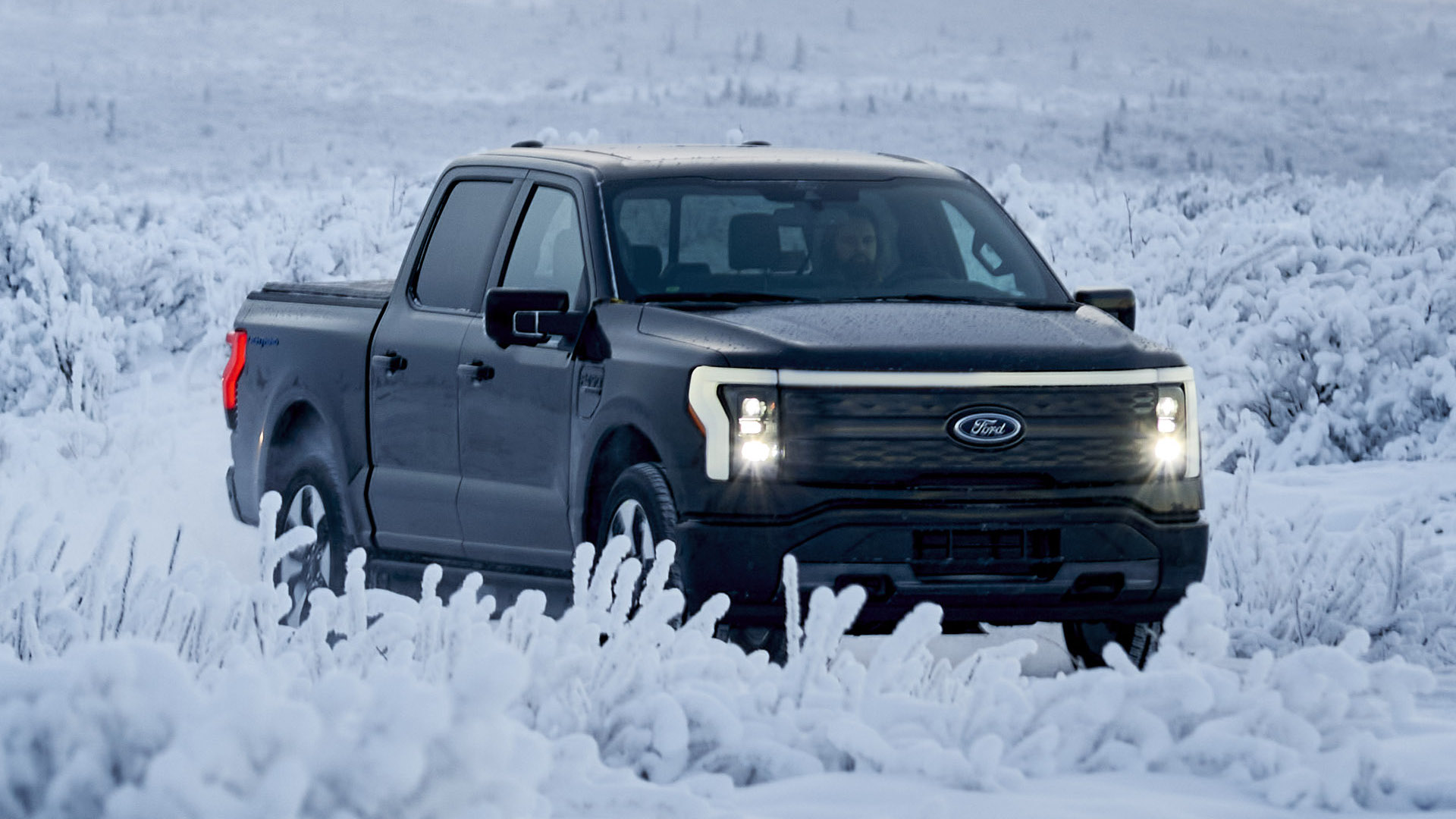

We may earn revenue from the products available on this page and participate in affiliate programs. Learn more ›
Range is one of the foremost EV arms races, and it reached its greatest heights yet with the 500-mile 2025 Ram 1500 REV. But 600-mile ranges may be a bridge too far in the mind of Ford CEO Jim Farley, who questioned whether an EV with so much range could even turn a profit.
Speaking earlier this week at Ford’s Capital Markets Day, Farley criticized the bigger-is-better approach to EV range. He expressed doubt that making ever-bigger batteries in pursuit of superlative range is the winning strategy it may appear and stated outright that Ford won’t play the max range game.

“I have no idea what’s going on in this industry right now,” the executive said, according to Green Car Reports. “All I hear is all these announcements of 450-mile range, a 500-mile range, there was another one today about a three-row crossover, it’s going to go electric. These batteries are huge; if you have those kind of batteries you will not make money.”
“We’re not going to go to 600-mile range,” Farley added. “We’re trying to make the smallest possible battery for competitive range.”
Farley’s perspective is likely informed by the economics of lithium-ion EV batteries and how their attributes affect the vehicles that use them. They’re expensive to begin with, and adding more cells to boost range has decreasing returns while compensating for their added weight increases costs too. It’s a vicious cycle that means range comes at great cost, potentially disqualifying the longest-range EVs for tax credits. Both factors reduce the market for an EV and in turn, hurt its business case.

Ford’s tune could change if solid-state batteries become commercially viable, but the industry mostly agrees that they won’t be ready before the late 2020s at the very soonest.
Instead, Ford’s approach to EV range is better demonstrated by its newly announced three-row SUV, with a targeted 350-mile range and an ETA of 2025. The company has also introduced LFP battery chemistry that’s cheaper, safer, and has a longer service life than lithium-ion, at the expense of less energy density. (Therefore, range and performance.) Ford also offers one of the leading hands-free highway driving assists, BlueCruise, which may also serve as a differentiating factor as the EV market becomes more crowded.
Got a tip or question for the author? You can reach them here: james@thedrive.com
